
Copernical Team
Gaia data release 3 – press event
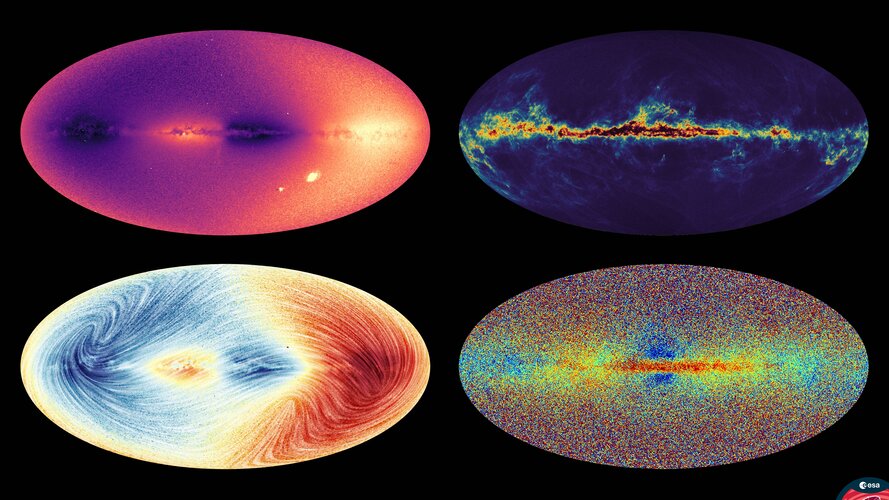 Video:
00:54:56
Video:
00:54:56
Watch the replay of the press event for Gaia’s data release 3 on 13 June 2022.
Gaia experts and scientists present the findings and answer questions from journalists. Gaia is ESA’s mission to create the most accurate and complete multi-dimensional map of the Milky Way.
Ariane 6 cryogenic disconnection systems pass key tests
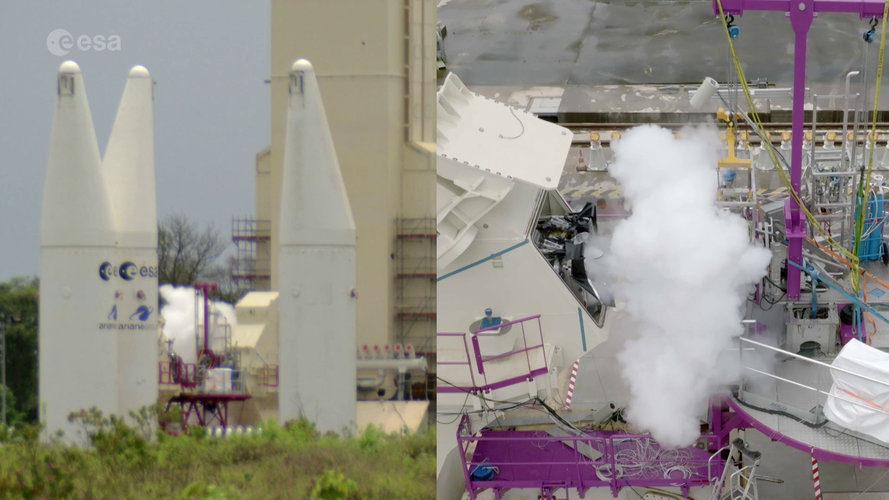 Video:
00:00:39
Video:
00:00:39
ESA’s new Ariane 6 heavy-lift rocket is a critical step closer to inaugural launch, following completion of tests to validate launch pad/launcher systems that will keep the vehicle topped up with liquid hydrogen and liquid oxygen in the critical moments before liftoff.
While on the launch pad at Europe’s Spaceport in French Guiana, Ariane 6 relies on a “cryogenic connection system” of umbilical cords carrying its hydrogen and oxygen fuel – liquified at -250C and -180C respectively – as well as helium and nitrogen used for flushing and purging. The tests seen in this video showed that retraction
NASA loses two hurricane monitoring satellites on launch
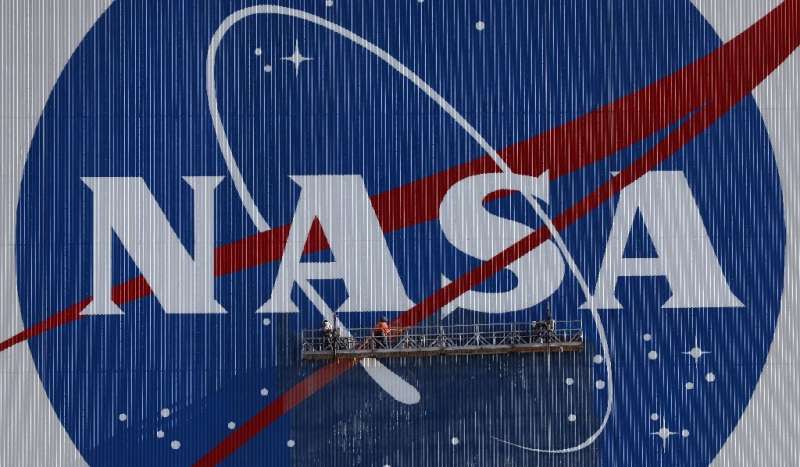
Two small NASA satellites that were meant to study hurricane development failed to enter orbit Sunday when their Astra rocket shut off before reaching the necessary altitude, the US space agency said.
"After a nominal first stage flight, the upper stage of the rocket shut down early and failed to deliver the TROPICS CubeSats to orbit," NASA's Launch Services Program said on Twitter.
In a post to its website before the launch, NASA described the TROPICS CubeSats as a constellation of six "shoe-box sized" satellites that will "study the formation and development of tropical cyclones, making observations more often than what is possible with current weather satellites.
Galileo – a new tool for science
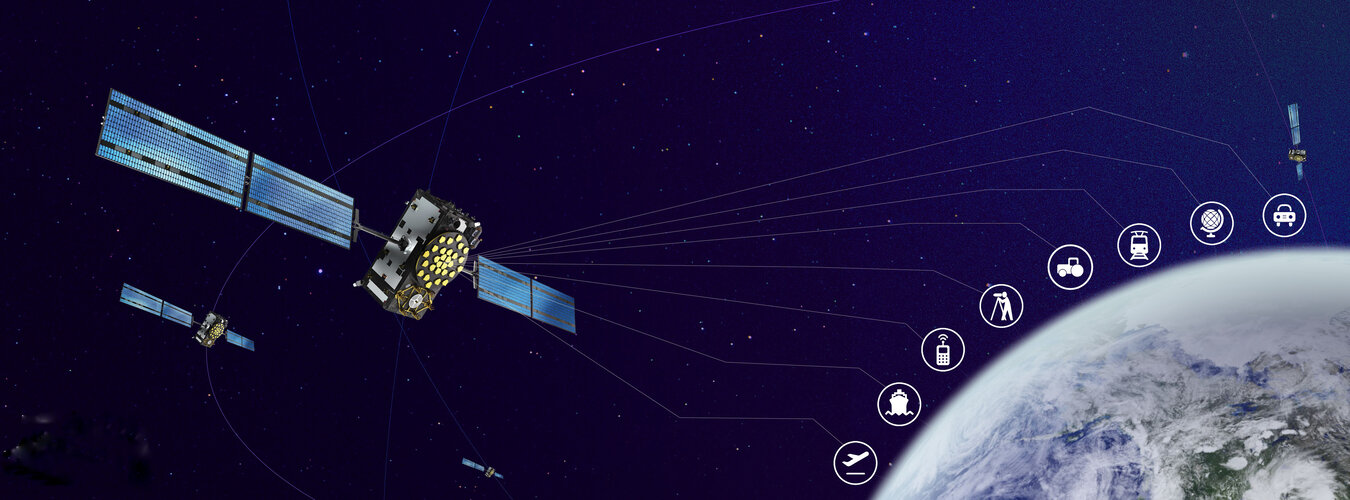
Every moment of every day, Europe’s constellation of Galileo navigation satellites that ring our planet transmits precisely shaped and timed signals, down through the atmosphere, reflecting back from Earth’s land, seas and ice and extending far out into space, as far as the Moon.
The June Council edition of ESA Impact is online

ESA Impact June Council edition
Great images and videos of two ESA astronauts on the ISS, preparations for the Artemis mission to the Moon, and more
Gaia sees strange stars in most detailed Milky Way survey to date
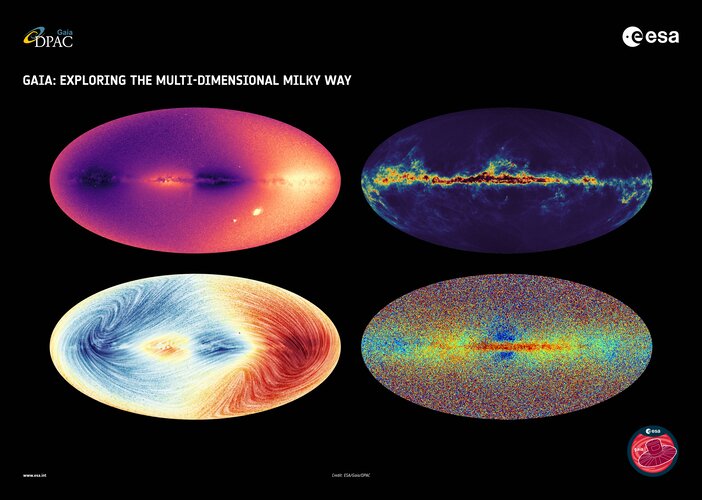
Today, ESA’s Gaia mission releases its new treasure trove of data about our home galaxy. Astronomers describe strange ‘starquakes’, stellar DNA, asymmetric motions and other fascinating insights in this most detailed Milky Way survey to date.
Gaia data release 3: exploring our multi-dimensional Milky Way
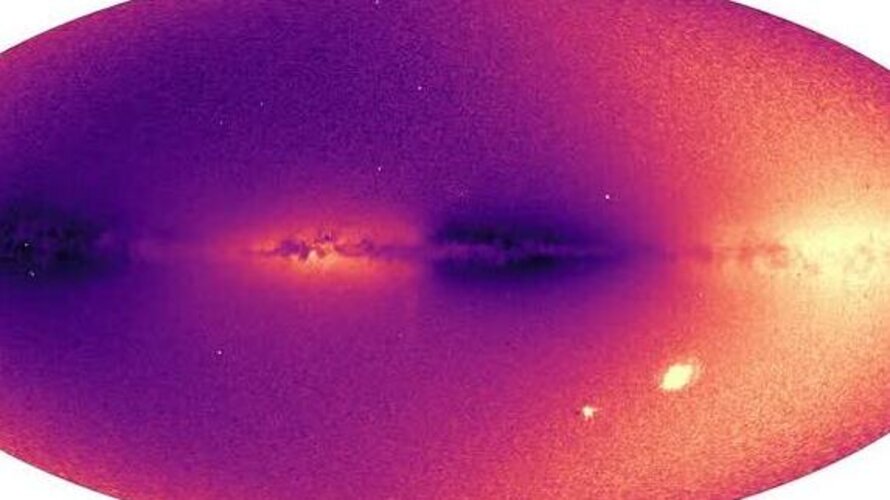 Video:
00:05:00
Video:
00:05:00
Since its launch in 2013 ESA’s Gaia observatory has been mapping our galaxy from Lagrange point 2, creating the most accurate and complete multi-dimensional map of the Milky Way. By now two full sets of data have been released, the first set in 2016 and a second one in 2018. These data releases contained stellar positions, distances, motions across the sky, and colour information, among others. Now on 13 June 2022 a third and new full data set will be released. This data release will contain even more and improved information about almost 2 billion stars, Solar
ESA centre to develop Europe’s space economy and promote commercialisation

Entrepreneurs, fledgling firms and established space companies are to receive a boost with the launch of the European Centre for Space Economy and Commerce.
NuSTAR marks 10 years studying the X-Ray Universe
 NASA's Nuclear Spectroscopic Telescope Array (NuSTAR) is turning 10. Launched on June 13, 2012, this space telescope detects high-energy X-ray light and studies some of the most energetic objects and processes in the universe, from black holes devouring hot gas to the radioactive remains of exploded stars. Here are some of the ways NuSTAR has opened our eyes to the X-ray universe over the last d
NASA's Nuclear Spectroscopic Telescope Array (NuSTAR) is turning 10. Launched on June 13, 2012, this space telescope detects high-energy X-ray light and studies some of the most energetic objects and processes in the universe, from black holes devouring hot gas to the radioactive remains of exploded stars. Here are some of the ways NuSTAR has opened our eyes to the X-ray universe over the last d Astronomers may have detected a 'dark' free-floating black hole
 If, as astronomers believe, the death of large stars leave behind black holes, there should be hundreds of millions of them scattered throughout the Milky Way galaxy. The problem is, isolated black holes are invisible.
Now, a team led by University of California, Berkeley, astronomers has for the first time discovered what may be a free-floating black hole by observing the brightening of a
If, as astronomers believe, the death of large stars leave behind black holes, there should be hundreds of millions of them scattered throughout the Milky Way galaxy. The problem is, isolated black holes are invisible.
Now, a team led by University of California, Berkeley, astronomers has for the first time discovered what may be a free-floating black hole by observing the brightening of a 